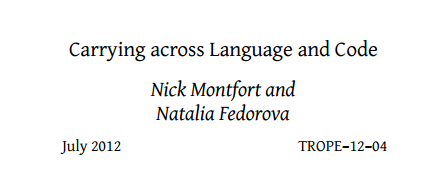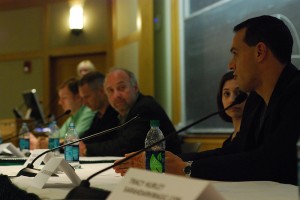Tiltfactor & Dartmouth College Library Launch Game to Identify Alumni
Contact:
Mary dot Flanagan at Dartmouth dot Edu
Tiltfactor Laboratory and the Rauner Special Collections Library at Dartmouth College are releasing “Alum Tag,” an online casual game designed to add metadata to a large collection of photographs donated by Dartmouth alumni to the college’s archives.
The game involves players earning points by tagging photographs with key words. The system then weighs the tags using frequencies and other statistical measures; those that are considered “valid” are associated with the corresponding photograph and stored, essentially creating data about the images.










